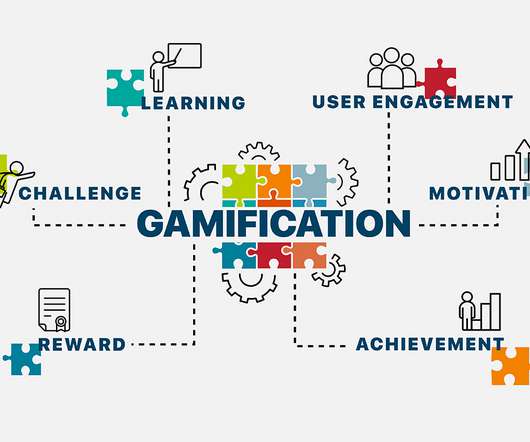The importance of Gagné’s Conditions of Learning Theory in corporate training
EduPivot Knowledge Center
FEBRUARY 1, 2024
The conditions of learning theory, developed by American psychologist Robert Mills Gagné, provides a framework that companies can use when designing their learning and development programs. It identifies five distinct categories of learning outcomes while offering valuable insights into how individuals acquire knowledge and skills.







































Let's personalize your content